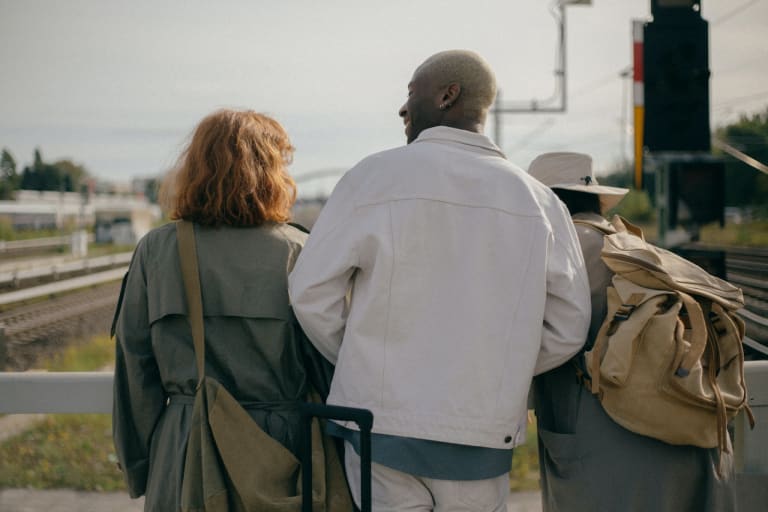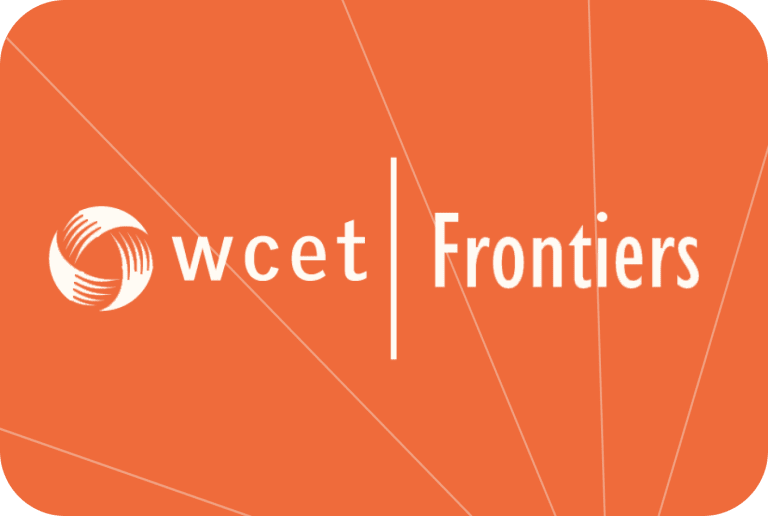Three years ago, when COVID-19 sent the world into lockdown, there were already signs that loneliness was a growing epidemic impacting young adults. A report from 2020 showed that 73% of 18-22 year olds, commonly referred to as Gen-Z, were reporting sometimes or always feeling alone, and ACHA data from 2019 showed that 67% of college students felt “very lonely” within the previous twelve months. Combine those trends with multiple years of quarantine and isolation, increased confusion around what college would be like, and incoming students coping with the aftermath of disrupted social connections in their formative years, uncertainty has remained around the lasting impacts of COVID on loneliness in higher education.
This month, a new longitudinal study published in BioMed Central set out to examine loneliness as a “serious public health issue,” and to assess the impact of COVID-19 on perceived loneliness in college students. In examining 177 college students, the study sought to better understand the established links between loneliness and mental health both before and during the COVID-19 lockdown. The initial data shows that alongside a 20-30% increase in loneliness among young adults during the pandemic, higher levels of loneliness were reported throughout lockdown as “strongly associated with greater depression and suicidal ideation.” What this shows is that, when college students possess higher depressive symptoms, they are at a higher risk of perceived feelings of loneliness.
Additionally, this study further cemented the unique connection between perceived loneliness and mental health in college students. The report notes that “mental health and loneliness are likely to be bidirectionally related as psychological distress may predict loneliness and, in turn, loneliness and social distancing the onset and maintenance of psychological distress.” Not only are students who have higher depressive symptoms more likely to perceive feelings of loneliness, but, inversely, students who perceive loneliness are also more likely to report depressive symptoms or psychological distress. Conclusively, this report shows that treating mental health and loneliness is not an either/or but a both/and situation.
In 2019, as part of our mission to support well-being in higher education, the YOU at College team set out to better understand the issue of loneliness and its negative impact on college student mental health. After co-researching loneliness with college students and our partners at Hopelab, we came to understand that not only was loneliness impacting things like overall mental health, sleep quality, and persistence during school, but that to effectively address it, it was imperative to meet students where they were – namely, with technology.
This led us to co-develop our Nod app with our partners at Hopelab using a student-centered research and design process. Rooted in positive psychology, mindfulness based self-compassion, and cognitive-behavioral coping skills, Nod has three key features: (1) ideas — suggestions for reaching out to others and taking action to build social connections; (2) reflections—short in-app exercises that help students process social experiences and reduce self-criticism; and (3) written student testimonials that encourage a growth mindset toward social connection building. Nod has been adapted for use by college students who are on campus, virtual, or both by offering options for challenges that include both virtual and safe in-person connections in light of the challenges students experienced throughout COVID-19.
A randomized controlled trial, published in the Journal of Medical Internet Research, found that Nod use buffered students from loneliness and depression with positive secondary outcomes of improved sleep quality, social connections, and intent to persist. Nod, therefore, is not only able to address the psychological underpinnings of perceived loneliness, it is also able to address its negative mental health correlates, helping at both ends of the bidirectional relation between mental health and perceived loneliness.
What these results cemented for our team is that by co-designing solutions with input directly from students, rooting those interventions in evidence-based practices, and meeting students where they are, we are better able to connect with them and empower them to build successful connections with one another. Addressing loneliness remains a vital factor in helping students cultivate feelings of belonging during school. Nod is the first app to combine student voices with science-backed principles to help students build meaningful connections to support their health, well-being, and subsequent success.




